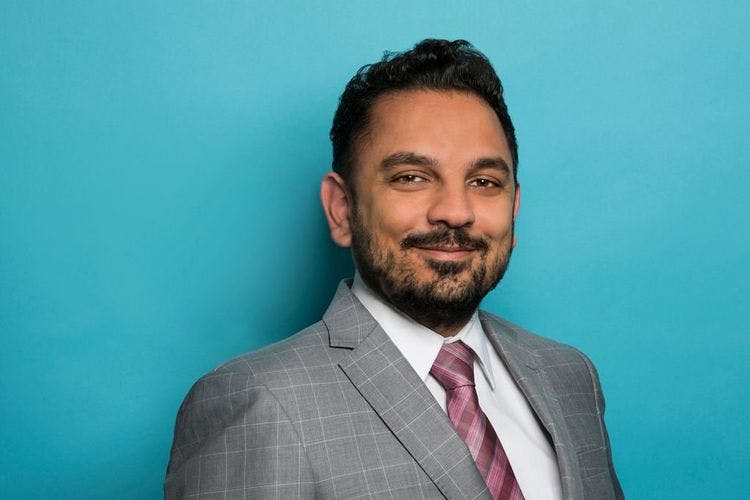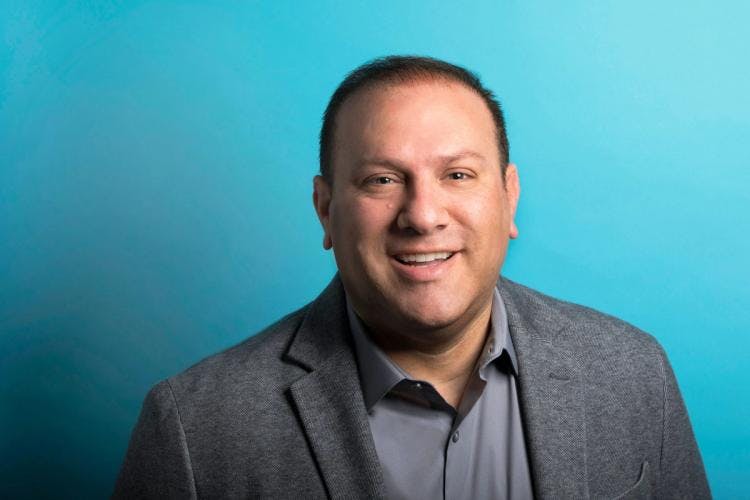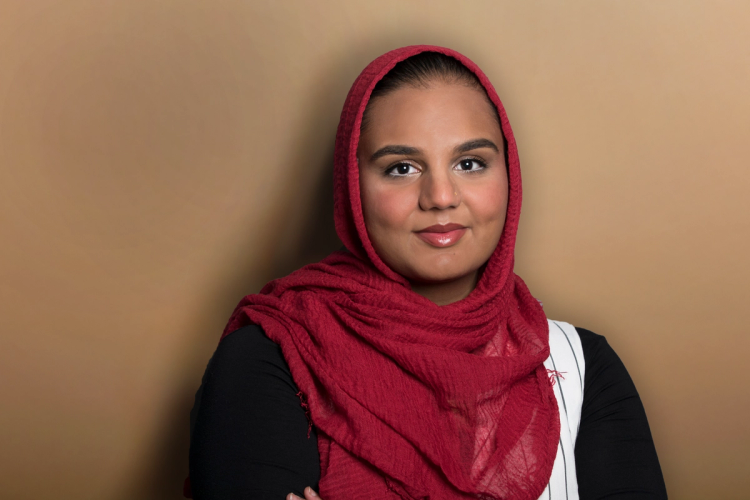The essential feature of conduct disorder is a repetitive and persistent pattern of behavior in which the basic rights of others or major age-appropriate societal norms or rules are violated. These behaviors fall into four main groupings: aggressive conduct that causes or threatens physical harm to other people or animals, non-aggressive conduct that causes property loss or damage; deceitfulness or threat; and serious violation of rules. Individuals with conduct disorder often initiate aggressive behavior and react aggressively to others. The onset of conduct disorder may occur as early as the preschool years, but the first significant symptoms usually emerge during the period from middle school through middle adolescence. Oppositional defiant disorder is a common precursor to the childhood-onset type of conduct disorder. Males with a diagnosis of conduct disorder frequently exhibit fighting, stealing, vandalism, or school discipline problems. Females with a diagnosis of conduct disorder are more likely to exhibit truancy, running away, lying, substance abuse, and prostitution. Few children with impairing conduct disorder receive treatment.
It is estimated that 2%-16% of children in the U.S. have conduct disorder. Some children who have conduct disorder go on to develop a similar condition known as antisocial personality disorder as adults.
Conduct disorder can be caused by various factors. Conduct disorder has been linked to particular brain regions involved in regulating behavior, impulse control, and emotion. Conduct disorder symptoms may occur if nerve cell circuits along these brain regions do not work properly. Many children and adolescents with conduct disorder also have other mental disorders, such as attention-deficit/hyperactivity disorders, learning disorders, depression, substance abuse, or an anxiety disorder, which may contribute to the symptoms of conduct disorder. Children and adolescents with a parent (biological or adoptive) or a sibling with conduct disorder are more likely to develop the disorder. Factors such as dysfunctional family life, childhood abuse, traumatic experiences, a family history of substance abuse, and inconsistent discipline by parents may contribute to the development of conduct disorder. Some experts believe that conduct disorders can reflect problems with moral awareness (notably, lack of guilt and remorse) and deficits in cognitive processing. Low socioeconomic status and not being accepted by their peers appear to be risk factors for the development of conduct disorder.
To be diagnosed with a conduct disorder, according to the Diagnostic and Statistical Manual of Mental Disorders (DSM-5), the following criteria must be met:
Choosing the right treatment for conduct disorder is essential for helping adolescents build healthier relationships, enhance their emotional regulation skills, and develop a sense of responsibility. Our specialized Conduct Disorder treatment offers:
There are effective treatments for conduct disorder. Treatments for conduct disorder are designed to decrease or eliminate as many identified problem behaviors as possible in the short-term and also to work towards the long-term goal of preventing children’s behavioral problems from worsening over time (for instance, becoming an adult and having Antisocial Personality Disorder). Treatment usually consists of a combination of medication and psychotherapy. The earlier the condition is diagnosed, the more successful the therapy will be.
Psychotherapy
Psychotherapy, also known as talk therapy or psychological counseling is used to identify the patterns of behaviors, thoughts, beliefs, etc. that may impact individuals with conduct disorder.
Cognitive Behavioral Therapy
Treatment is often long-term psychotherapy and behavior therapy to help the child learn healthier and more acceptable ways of thinking and behaving. Short-term behavioral interventions designed to address behavior problems with potentially extreme negative consequences (e.g., physical aggression or theft) are usually given more priority than interventions for problems that are less likely to cause wider troubles (e.g., talking back to parents). Close coordination between therapists and parents is important, as is the consistent use of treatment (by parents) during everyday family situations. As a part of cognitive behavior therapy, therapists work with children to help them develop several important cognitive skills, including cognitive re-framing of stressful events (e.g., helping children to generate alternative, more peaceful ways of thinking about the meaning of stressful situations so that anger is not an automatic consequence) as well as anger management training.
Family Therapy
Conduct disorder often impacts the entire family. Our family therapy sessions help improve communication, enhance family dynamics, and strengthen relationships.
Medication Management
Some medications can assist in the treatment of conduct disorder. Stimulants are sometimes prescribed for children and adolescents with severe Conduct Disorder to reduce impulsivity and aggressive behavior. If an individual is taking medications, it is important to know the side effects of the medication and consult a psychiatrist.
Helping your adolescent overcome conduct disorder is an investment in their future success, well-being, and happiness. Our Conduct Disorder treatment area is designed to empower adolescents to make positive changes, build healthy relationships, and achieve their potential.
























































Our Services
Virtual/Online CarePHP and IOPAdult PsychiatryChild & Adolescent PsychiatryAdult TherapyChild & Adolescent TherapyCouples CounselingFamily TherapyGroup TherapyPsychological TestingTranscranial Magnetic Stimulation (TMS)Resources
Refer a PatientCareersClinical Training OpportunitiesOur ProvidersFree Mental Health TestsCommonly Prescribed MedicationsLocationsBlogIn The NewsClarity Through CharityClarity for AllQuick Links
Patient PortalFAQsAccepted InsurancesContact us